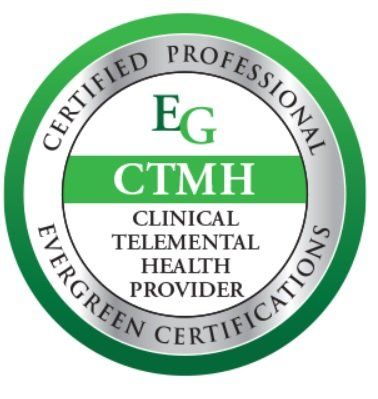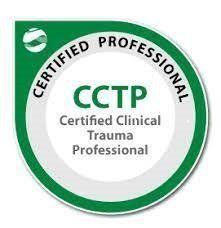HAVING TROUBLE FUNCTIONING DUE TO TRAUMATIC MEMORIES? – EMDR CAN HELP
When we experience negative and life-changing events, often traumatic memories haunt our minds .
These memories can be so powerful that they run the show. They dictate how we feel, what we think, and even what we do most of the time.
Since you’re reading this, chances are you have experienced a traumatic and life-changing event. Perhaps you can’t stop your thoughts from replaying this event or situations surrounding it over and over.
Besides feeling intense stress and anxiety, these traumatic memories are making it hard to focus or get anything done. Household chores are increasingly becoming more difficult to accomplish. Work… well, work is the epitome of “going through the motions.”
Is it possible to bring some function back to your daily life?
Yes. There is a way to reclaim your life, and it can be easier than you think.
Consider the following benefits of EMDR in reclaiming your life from traumatic memories.
What Is EMDR?
Eye Movement Desensitization and Reprocessing (EMDR) has been used in therapy for the past twenty years. It primarily helps trauma victims face the past and work through their traumatic experience.
You might be wondering how moving your eyes a certain way during a therapy session could help do anything.
But, it does.
How Does EMDR Work?
During an EMDR session, your therapist will have you quickly look back and forth with your eyes. It might help you to imagine what your eyes would do if you were watching a professional ping-pong match. Back and forth, back and forth.
You will be prompted to recall one of your traumatic memories while you are moving your eyes.
The combination of the eye movement along with recalling your traumatic memories evokes a type of reorganizing in your brain.
In short, this eye movement/memory recall coupling sends your brain a message not to panic or feel anxious. In turn, this calming message enables you not to feel the same level of hurt, fear, or pain while experiencing one of your traumatic memories.
Does EMDR Make You Forget Traumatic Memories?
EMDR doesn’t make you forget your traumatic memories altogether. Like any other chapter in your life, you will always carry those with you.
However, it does distance them from your heart, per se, so you don’t feel so incredibly intense when one crosses your mind. Since EMDR redirects your brain to process the trauma rather than simply focusing on the traumatic image, your traumatic memories do not have to affect you negatively or control you like they have been.
The thing about mental images is that they possess a lot of energy. Traumatic mental images possess even more energy than most. As you can imagine, this energy is negative—full of pain, hurt, fear, and despair.
Traumatic memories can have such a hold on you and your life.
How Does EMDR Help You to Reclaim Your Life?
When powerful mental images and their accompanying negative energy are in the driver’s seat, you are simply along for the ride. This ride is more like a scary roller coaster rather than a peaceful hike on horseback, though. The feeling of losing control is fairly common. This is no way to live.
EMDR helps you to reclaim your life by reducing the stress brought on by traumatic memories.
Healing from the past and living a fulfilling life is the aim of most people—trauma victims especially. Traumatic memories get in the way of this. With memories causing you such stress, it’s hard to move past the traumatic event and heal.
EMDR helps to distance your traumatic memories from your emotions so that you can process the event and embrace healing. Once these memories no longer have control of your thoughts or emotions and have taken a back seat in your life, you can finally heal and move on to live a full and rewarding life.












